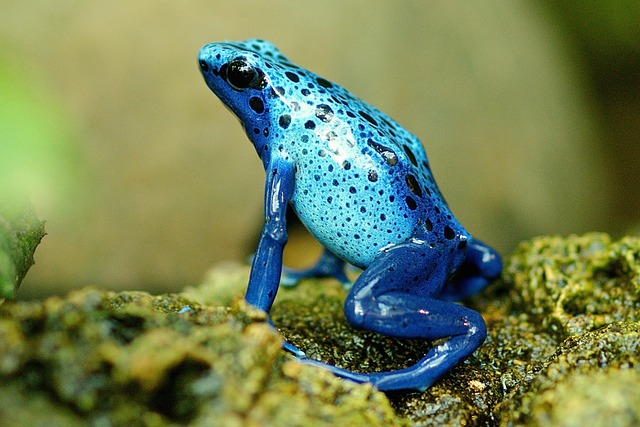Echoes of the Wild: The Unseen Impact of Loud Music on Amphibians
Imagine stepping into a serene marsh at dusk, where the chorus of frogs and toads creates a natural symphony that has echoed through generations. This delicate orchestration of croaks, ribbits, and trills is not just background noise—it’s a vital communication network for amphibians. But what happens when the tranquility is shattered by loud music? The disruption isn’t just a minor nuisance; it deeply affects these sensitive creatures, altering their behavior, mating patterns, and even survival.
The Sensitive Ears of Amphibians
Amphibians rely heavily on sound to navigate their environment. Male frogs, for example, croak loudly to attract females and warn rivals. Their sensitive hearing allows them to detect even subtle variations in calls, which communicates species identity, size, and reproductive status. However, loud music, especially when played near wetlands, can mask these crucial sounds, making it difficult for amphibians to hear or respond to each other.
How Loud Music Disrupts Communication and Behavior
When the natural chorus is drowned out by blaring speakers, male frogs may increase their call volume or change frequencies to be heard, expending more energy and potentially attracting predators. Female frogs might fail to locate a suitable mate, leading to decreased reproduction rates. Additionally, constant noise stress can cause amphibians to abandon their habitats altogether, seeking quieter, safer environments.
A Ripple Effect on Ecosystems
Amphibians play a key role in ecosystems as both predators and prey. Their decline can disrupt food chains, leading to overpopulation of insects and affecting the species that feed on them. The intrusion of loud music into their habitats is not just a disruption of sound waves—it’s an intrusion on the balance of nature itself.
Protecting the Amphibian Soundtrack
Understanding the impact of loud music on amphibians calls for thoughtful consideration of our outdoor events and recreational activities near wetlands. Advocating for noise reduction, creating buffer zones, and raising awareness about amphibian sensitivity can help preserve these enchanting nighttime concerts. After all, the chorus of frogs is more than just natural noise—it is a vital chorus that sustains life.
Next time you find yourself enjoying music outdoors, consider turning down the volume or choosing areas away from amphibian habitats. By respecting their world, we ensure their melodies continue to thrive, enriching our nights and sustaining our ecosystems.




